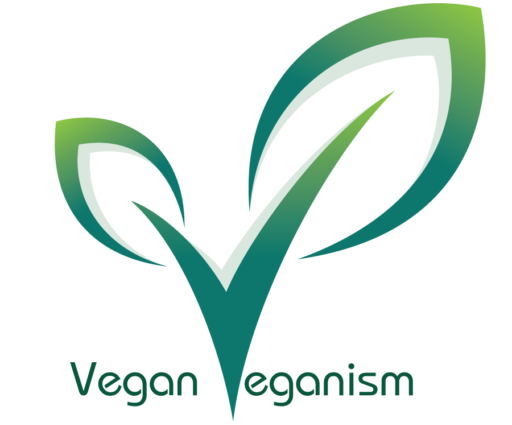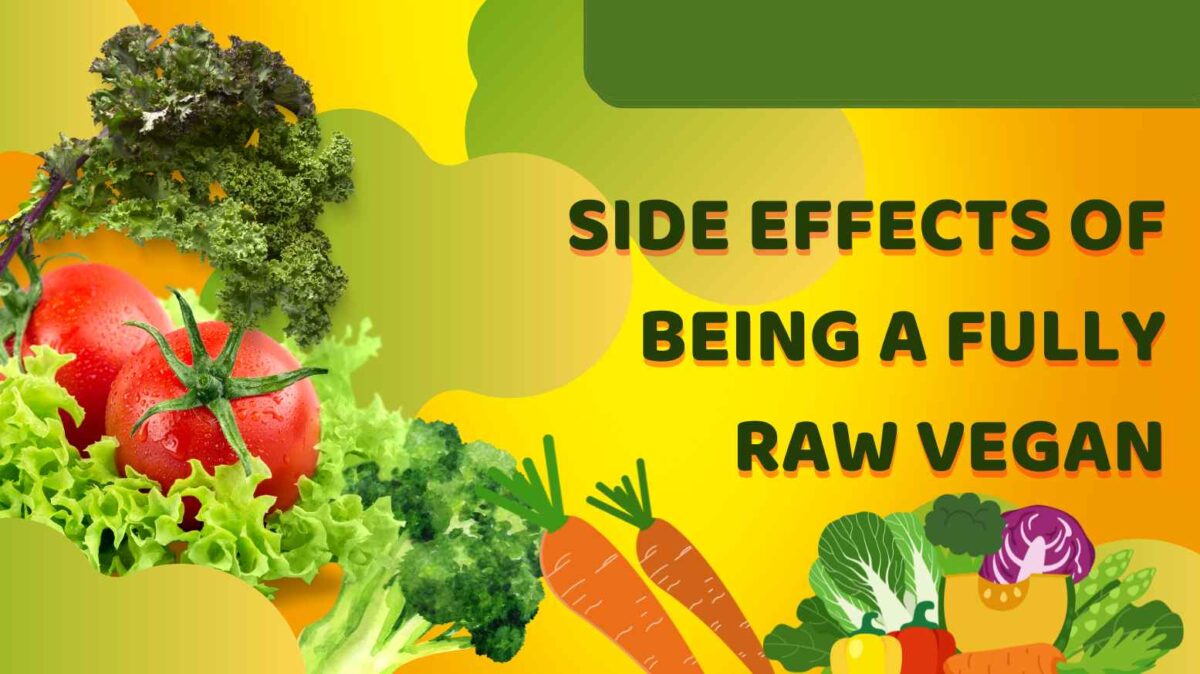Choosing to adopt a fully raw vegan diet is a significant commitment to morality and health since it emphasizes the power of whole, unprocessed foods. Although there are many advantages to this dietary option, it is important to consider any potential adverse effects carefully. A purely raw vegan diet prioritizes fruits, vegetables, nuts, seeds, and sprouted grains while excluding any cooked and animal-derived items.
This eating plan has become more well-known due to its links to decreased LDL cholesterol, better heart health, and ethical alignment. It does, however, need to be carefully considered because, similar to any restrictive diet, there is a chance of nutrient deficiencies, digestive issues, and other possible adverse effects.
This investigation explores the knowledge and mitigation of potential negative effects people may experience while pursuing a 100% raw vegan diet.
Vitamin B12
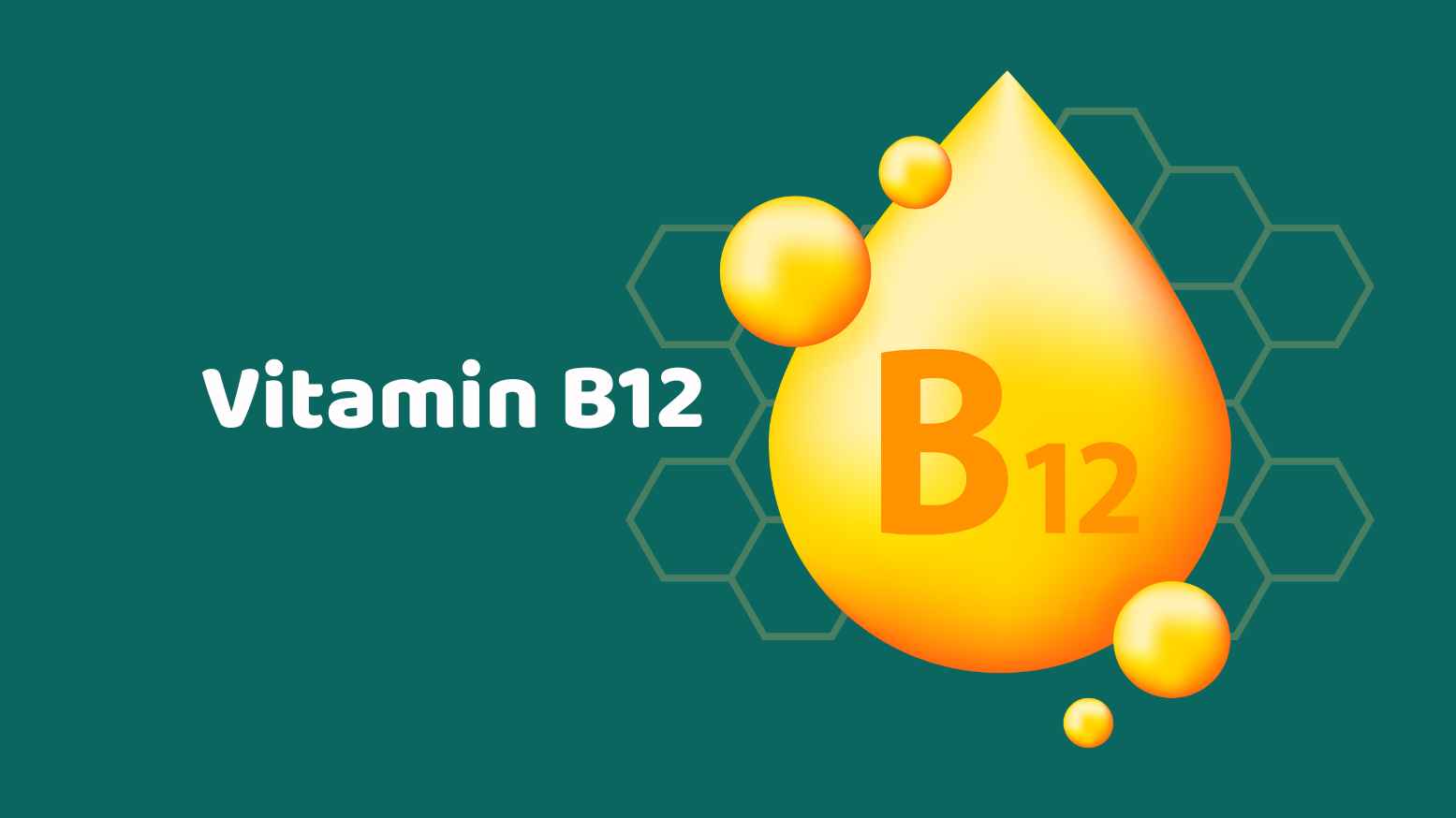
Essential for nerve function, this vitamin is mostly found in animal sources. Deficiency requires careful planning and supplementation because it can cause fatigue, weakness, and neurological issues.
Calcium and vitamin D
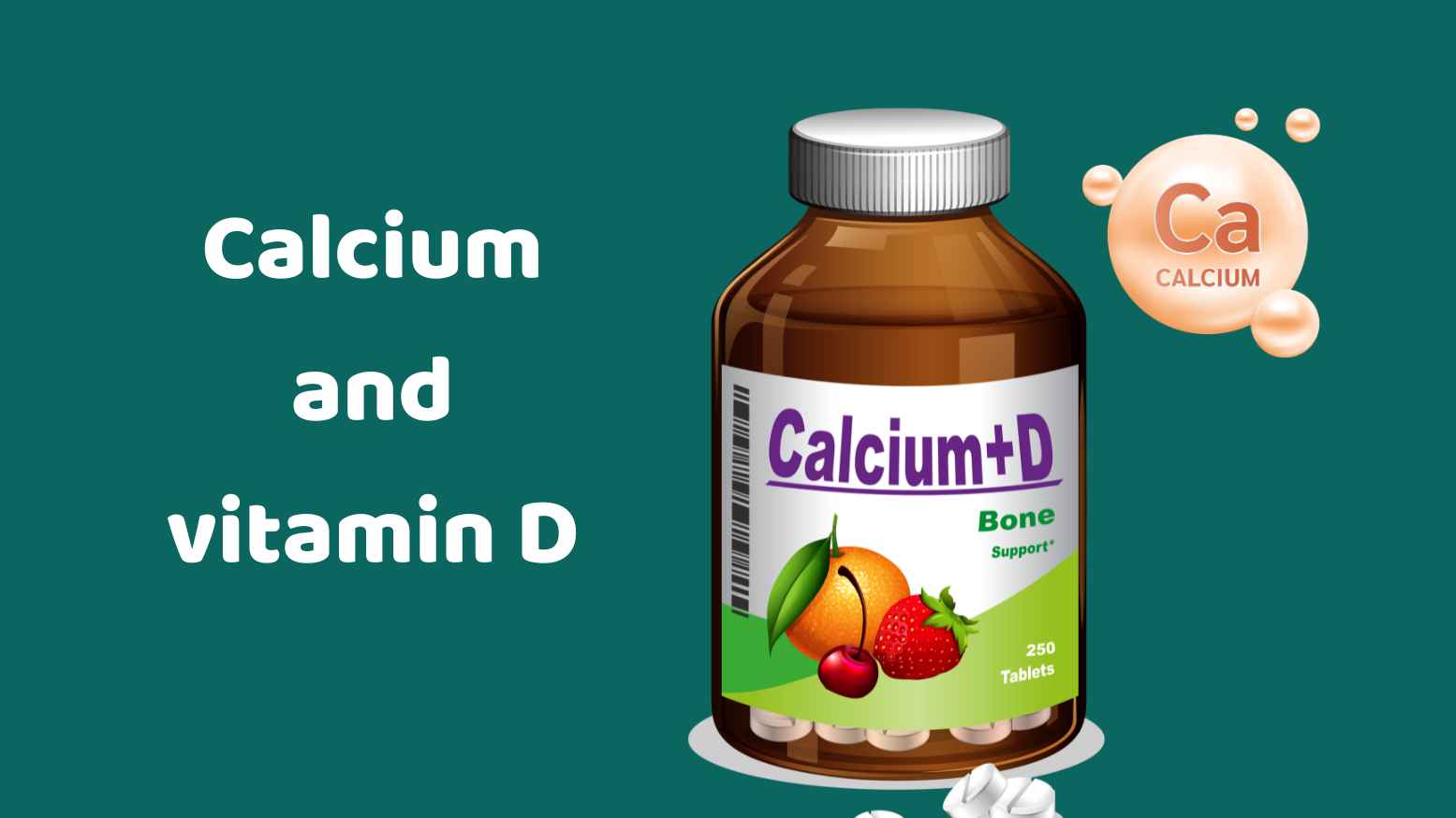
Mostly found in dairy products, these elements are essential for healthy bones. Although there are plant-based sources, such as green leafy vegetables and fortified diets, absorption may be reduced, necessitating careful observation and maybe supplementation.
Iron
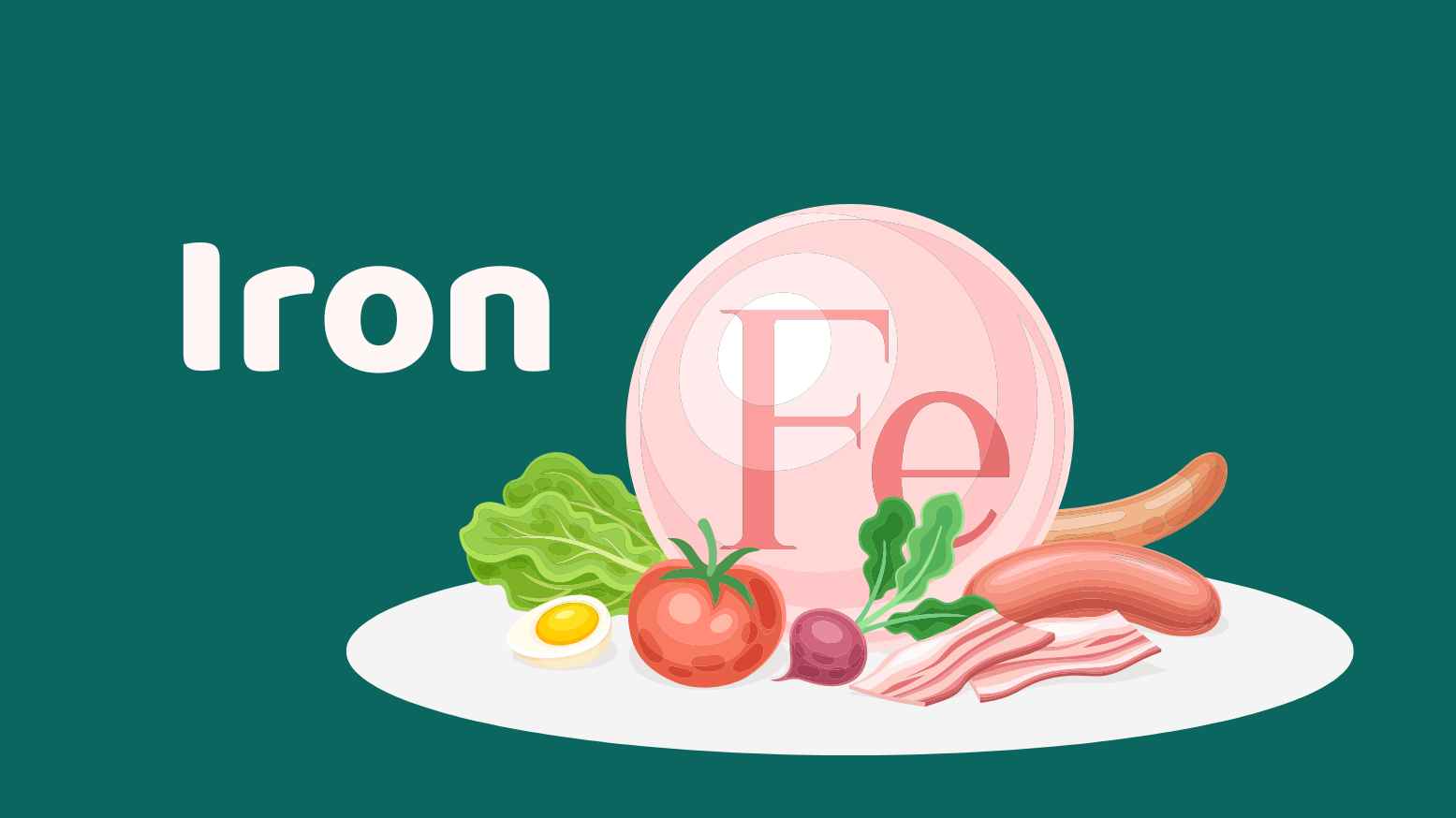
While iron can be found in plant-based foods like legumes and leafy greens, it can be absorbed less effectively than from animal sources. Iron-rich foods can be better absorbed when combined with vitamin C boosters; however, supplements may be needed.
Weight Loss
The raw vegan diet may cause unintentional weight loss, particularly in the early stages, depending on individual needs and calorie consumption. It’s important to plan and make sure you’re getting enough calories from wholesome sources.
Social Difficulties
Social interactions and eating out might be difficult because there aren’t many food selections and explanations are required. This is a factor that demands careful consideration and can affect the social experience in its entirety.
Possibility of Foodborne Illness
Coli and Salmonella are two dangerous bacteria that are more likely to be present in raw food. People need to be careful when washing, choosing safe sources, and storing raw foods to reduce the hazards.
How can you mitigate the problems of nutritional deficiency of being a vegan?
Vitamin B12
Include meals that have been fortified or take B12 pills regularly.
Leafy greens, tofu, and fortified plant-based milk are good sources of calcium and vitamin D. Supplemental vitamin D and sun exposure can assist in meeting requirements.
Iron
For optimal absorption, eat plant-based foods high in iron together with sources of vitamin C. Supplementing and monitoring iron levels regularly may be required.
Increased Fiber Intake
Give your digestive system time to adjust by progressively consuming more fiber. Drink plenty of water to reduce bloating and discomfort.
Weight Loss
When planning meals, give special attention to foods high in calories, such as grains, nuts, and seeds. Evaluate your weight regularly and modify your diet accordingly.
Communication
To promote understanding, tell your loved ones about your dietary choices.
Make a Plan
To make sure the food alternatives during social occasions fit your diet, check the menus at restaurants or bring your food.
Safe Handling
To reduce the risk of foodborne illnesses, wash fruits and vegetables well, purchase from reliable sources, and store food properly.
Health Examinations
Make an appointment with a medical practitioner or a certified dietitian regularly to monitor your general health and nutrient levels.
Consultation
For individualized counsel catered to your unique health requirements, seek the counsel of a medical practitioner or nutritionist.
Gain a deeper comprehension of plant-based nutrition to enable you to make wise decisions. Keep up on plant sources that are high in vital nutrients.
Variety Is Essential
To optimize nutritional intake, make sure your diet includes a variety of fruits, vegetables, nuts, seeds, and grains.
Tailored Supplementation
Depending on your dietary requirements, think about taking tailored supplements. Review and modify supplements regularly with the advice of a professional.
Slow Adaptation
Give your body time to adjust to more fiber and a variety of meal types if you’re going to be a fully raw vegan.
A comprehensive and long-lasting wellness journey is ensured by identifying and proactively resolving any possible side effects. This investigation into the nuances of nutritional deficits, changes to the digestive system, and other health-related issues provides people with the information they need to make wise decisions when following a purely raw vegan diet.
Through the implementation of tactics like focused supplementation, incremental changes, and appreciating the variety of a plant-based diet, people can both minimize possible difficulties and prosper when living a completely raw vegan lifestyle. In the end, a deliberate approach enables people to navigate the complex terrain of a fully raw vegan existence and access the entire spectrum of benefits.
You may also like:
- What are your favorite vegetarian or vegan recipes
- Which countries have the highest proportion of vegetarians
- Why do people go vegan
FAQs
1. Why is Vitamin B12 deficiency a concern in a fully raw vegan diet?
Vitamin B12, crucial for nerve function, is primarily found in animal sources. Deficiency risks are high, necessitating careful planning and supplementation to avoid fatigue, weakness, and neurological problems.
2. How can a raw vegan address the challenge of Calcium and Vitamin D intake for bone health?
While dairy products are traditional sources, green leafy vegetables and fortified diets offer plant-based alternatives. Monitoring absorption and potential supplementation are crucial to maintaining healthy bones.
3. What strategies can be employed to manage Iron absorption on a fully raw vegan diet?
Combining iron-rich plant-based foods with vitamin C boosters enhances absorption. Regular monitoring and supplementation might be necessary to address potential deficiencies.
4. Why might unintentional weight loss occur on a raw vegan diet, and how can it be managed?
The initial stages of a raw vegan diet may lead to unintended weight loss. Planning meals with calorie-dense foods like grains, nuts, and seeds is essential. Regular weight evaluation and dietary adjustments are advised.
5. How can individuals navigate social difficulties associated with a fully raw vegan lifestyle?
Dining out and social interactions can be challenging due to limited food options. Communication about dietary choices, checking restaurant menus in advance, and bringing your food can help address these challenges.
6. What are the potential risks of foodborne illnesses in a fully raw vegan diet, and how can they be minimized?
Raw foods carry a higher risk of harmful bacteria like E. coli or Salmonella. Proper washing, choosing safe sources, and appropriate food storage practices are vital to minimize these risks.
7. How can one mitigate nutritional deficiencies while being a vegan?
Strategies include fortified meals or B12 supplements, plant-based sources for calcium and vitamin D, iron-rich foods paired with vitamin C, gradual adaptation to increased fiber, and regular health check-ups for monitoring and tailored advice from professionals.
8. Why is a variety of plant-based foods essential in a fully raw vegan diet?
Including a variety of fruits, vegetables, nuts, seeds, and grains optimizes nutritional intake, providing a broader spectrum of essential nutrients for overall health.
